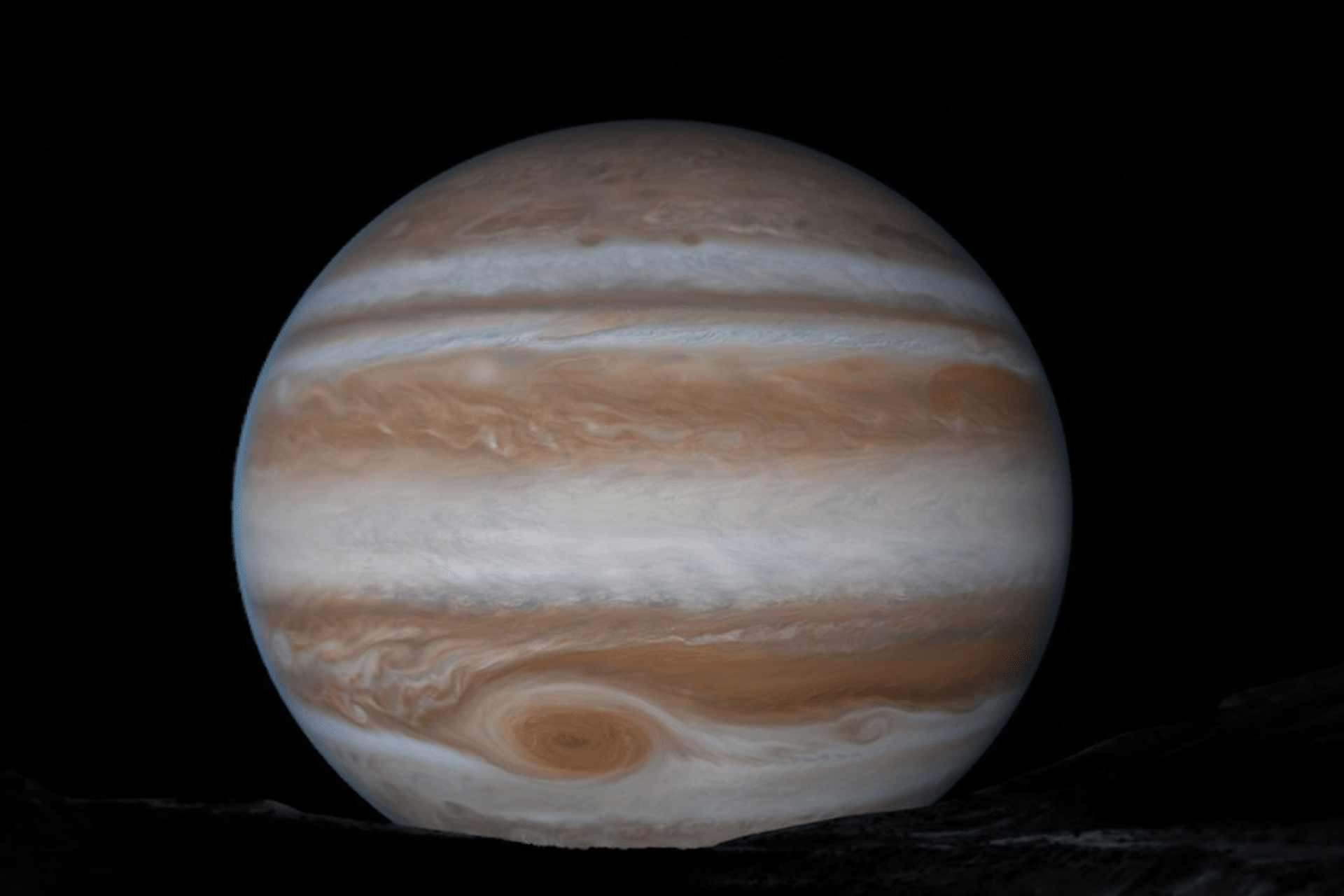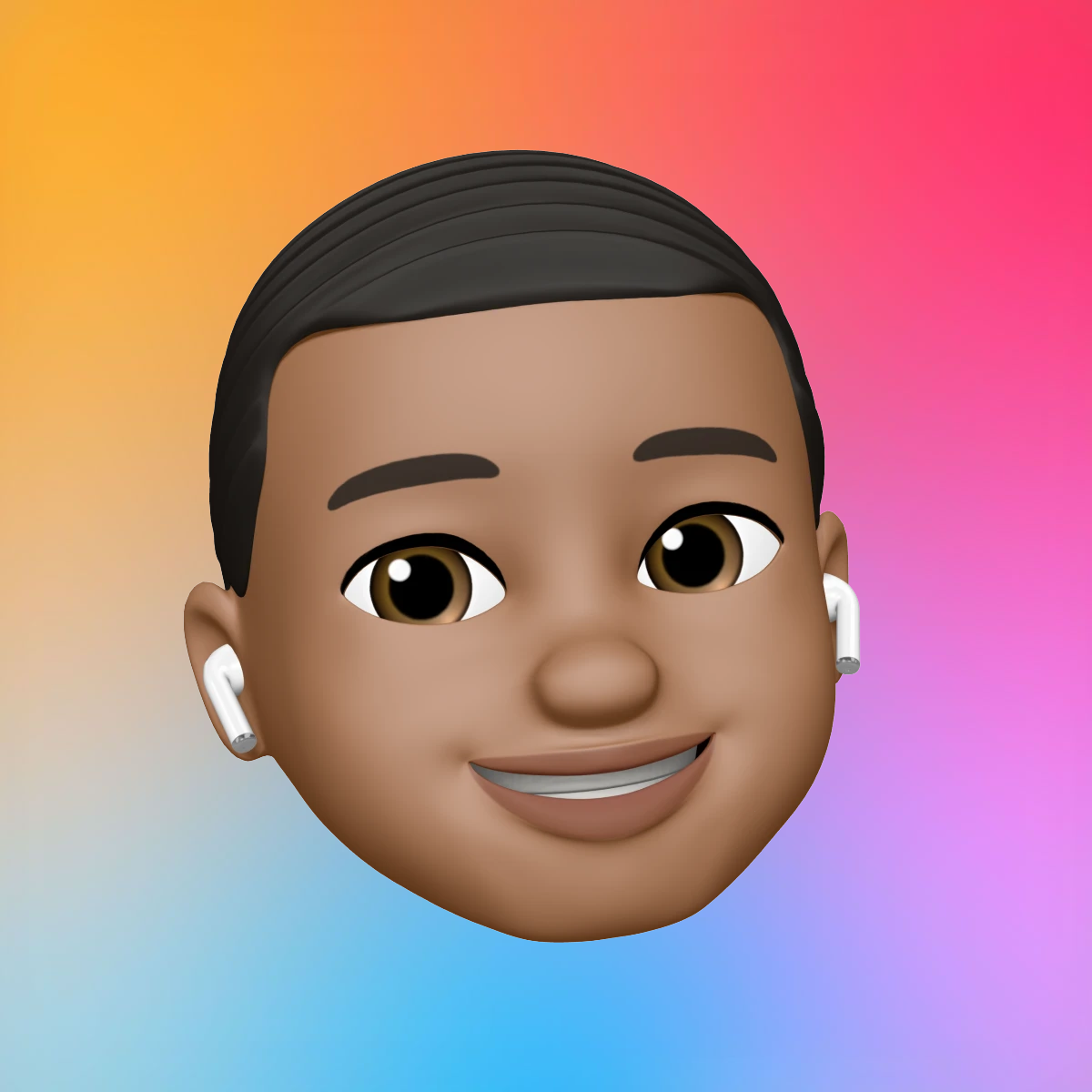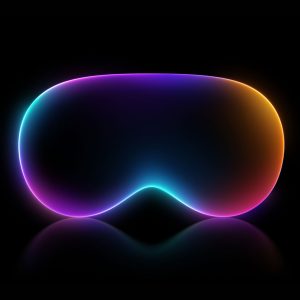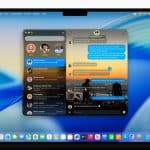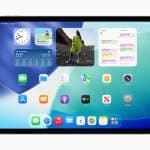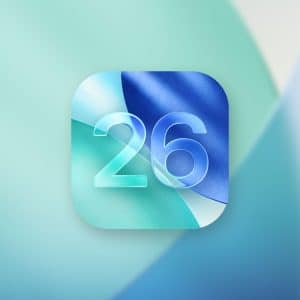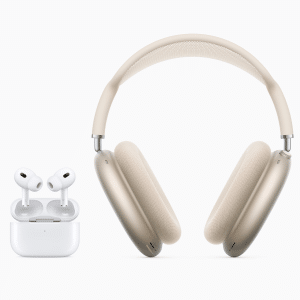Apple Vision Pro’s immersive environments have long been a highlight, blending static scenes with subtle animations to create calming or inspiring backdrops for work and relaxation. Previous environments, like serene landscapes or cityscapes, featured mild animations such as flowing water or gentle rain. However, the Jupiter environment stands out as Apple’s first fully interactive immersive experience, joining third-party offerings like Paramount’s Bikini Bottom and Disney’s Avenger’s Tower.
From Amalthea, users face the massive gas giant Jupiter, dominated by its iconic Great Red Spot. The environment’s interactivity allows users to manipulate time, creating a dynamic and engaging experience that feels like stepping into a sci-fi epic. This feature draws inspiration from the Apple Watch’s “Time Travel” function, which let users scroll through time to view past or future events, but reimagines it on a cosmic scale.
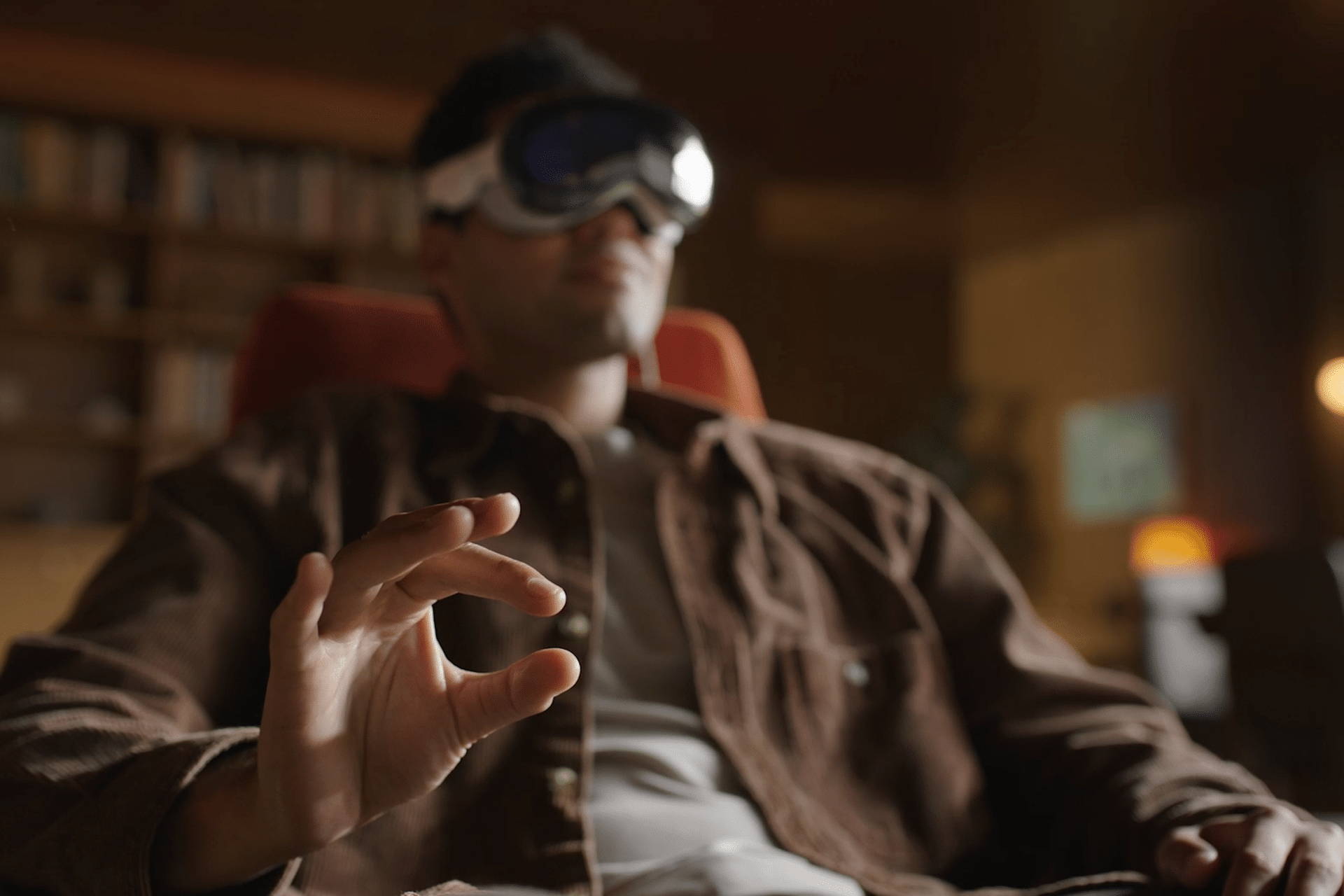
Controlling Time and Space
Accessing the Jupiter environment’s interactivity is seamless. Users navigate to the Vision Pro’s Control Center, where an “Explore Jupiter” option reveals a sleek control panel. This panel offers two key features: a time-of-day selector and a slider to fast-forward or rewind time. As users adjust the slider, the sun and stars swirl around, casting dynamic light across Jupiter and its moons, creating a breathtaking visual effect.
The environment includes animated 3D renderings of Jupiter’s other visible moons, such as Io and Europa, some of which pass between Amalthea and the planet. Users can choose to let time flow at a normal pace, accelerate it, or pause all movement, offering flexibility for both immersive exploration and practical use. The normal pace subtly reflects Amalthea’s orbit, which takes roughly 12 hours to complete, aligning with Jupiter’s 10-hour day, though Apple prioritizes visual appeal over strict scientific accuracy.
A Balance of Science and Spectacle
The Jupiter environment is as much a technical achievement as it is a visual one. Amalthea, a potato-shaped moon and the third closest to Jupiter, serves as the user’s vantage point, with the gas giant’s swirling storms dominating the view. Apple’s animators have crafted a scene that feels authentic, with the Great Red Spot and orbiting moons adding depth and realism. While the environment may not perfectly replicate Jupiter’s orbital mechanics, it captures the essence of standing on a distant moon, making it accessible and engaging for all users.
One minor drawback is Jupiter’s central placement, which can obstruct workspace windows. Users can mitigate this by recentering the environment to position the planet to one side, allowing for a clearer view of apps while still enjoying the cosmic backdrop. This flexibility ensures the environment is practical for both work and leisure.
Broader visionOS 26 Enhancements
The Jupiter environment is just one part of visionOS 26’s robust update. Launching alongside iOS 26, iPadOS 26, and macOS Tahoe, the release introduces spatial widgets, enabling users to place interactive app elements in their field of view for enhanced productivity. Other features include improved gesture controls and deeper integration with Apple Intelligence, making the Vision Pro more intuitive and versatile.
The update, available as a free automatic download starting September 15, 2025, is compatible with all Apple Vision Pro devices. The Jupiter environment, in particular, showcases the headset’s ability to blend augmented and virtual reality, pushing the boundaries of what immersive environments can achieve.
Implications for Immersive Reality
The Jupiter environment sets a new standard for Apple’s Vision Pro, demonstrating the potential of interactive environments to transform how users engage with mixed reality. By allowing control over time and space, Apple creates a sense of agency that enhances both entertainment and productivity. This feature could pave the way for more dynamic environments, potentially incorporating real-time data or user-driven narratives.
Compared to third-party efforts, Apple’s in-house design brings polish and seamless integration with the Vision Pro’s ecosystem. As competitors like Meta and Google advance their AR/VR platforms, the Jupiter environment positions Apple as a leader in crafting immersive, user-focused experiences.
A Cosmic Leap Forward
With visionOS 26, Apple Vision Pro becomes a portal to the stars, offering users an unparalleled opportunity to explore Jupiter from the comfort of their workspace. The Jupiter environment’s blend of interactivity, stunning visuals, and practical design makes it a standout feature of the 2025 update. As Apple continues to innovate in mixed reality, this release signals a bright future for immersive technology.
